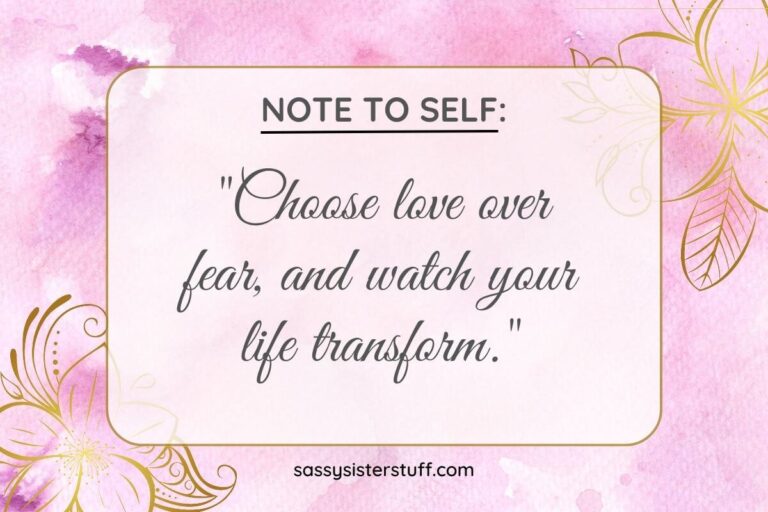12 Truths About Marriage No One Wants to Admit
Marriage is often seen through a lens of romance and idealism, but the reality can be much more complex. You might find that some aspects of marriage are harder to talk about or admit, even to yourself.
Understanding these hidden truths can help you navigate your relationship with more honesty and clarity. Knowing what others avoid saying out loud allows you to set realistic expectations and strengthen your connection.
Marriage requires constant effort, not just love.

You might think love alone is enough, but marriage needs more than feelings. It takes daily actions and choices to keep the connection strong.
You’ll need to communicate openly, even when it feels hard. Small efforts like listening and understanding go a long way.
Your relationship will challenge you. Being patient and willing to work through problems is key to lasting togetherness.
Arguments don’t mean failure, they’re part of growth

You might feel upset when arguments come up, but they don’t signal the end of your relationship. Disagreements are a natural way you both express needs and concerns.
Through healthy debates, you learn more about each other’s perspectives.
Working through conflicts helps you develop better communication and deeper understanding. Your marriage grows stronger when you face challenges together, not when you avoid them.
You can love someone and still be frustrated by them.

You might love your partner deeply, but that doesn’t mean you won’t get annoyed sometimes. Everyone has habits or quirks that can test your patience.
It’s normal to feel frustrated about small things. The key is to separate the frustration from your love.
Recognizing this can help you communicate better and avoid misunderstandings. Frustration isn’t a sign that love is gone.
Financial stress is a leading cause of tension

You might not expect it, but money troubles often bring the most strain in a marriage. When bills pile up or income fluctuates, stress builds quickly.
It’s not just about the numbers. Financial stress can change how you and your partner communicate, leading to arguments.
Being open about money and budgeting together can help you avoid some of this tension. It’s a tough topic, but dealing with it early can prevent bigger issues later.
Opposites attract but often clash over time.

You might find yourself drawn to someone very different from you. Those differences can bring excitement and new perspectives early on.
However, over time, those same differences can cause misunderstandings. You and your partner may have different ways of handling stress or making decisions.
Learning to respect and negotiate those differences is key. It’s normal for opposites to clash, but how you respond shapes your relationship’s strength.
Intimacy evolves, and that’s normal.

You might notice that the way you connect with your partner changes over time. Early passion can shift into a deeper, more comfortable closeness.
This doesn’t mean something is wrong. It’s a natural part of growing together.
You’ll find new ways to show love and care that feel right for your current stage. Embracing this evolution helps keep your bond strong.
Your partner won’t complete you; you must be whole first.

You might hear that your partner will “complete” you. The truth is, you are already whole on your own.
Relying on your partner to fill your gaps can create unrealistic expectations.
Building your own happiness and identity makes your relationship stronger.
When you bring your full self, you allow space for true connection.
Your partner should complement your life, not complete it.
Trust takes years to build and seconds to break.

You build trust slowly, through small actions and consistency over time. Every promise you keep adds a brick to that foundation.
But one careless word or action can crack that foundation in an instant. Once broken, trust isn’t easy to rebuild.
You need patience and honesty to repair trust, and both partners must be willing to work on it daily. Trust is fragile, so treat it with care.
Jealousy is normal but must be managed

You will likely feel jealousy at some point in your marriage. It’s a natural emotional response when you care deeply about your partner.
The key is not to let jealousy control your actions. Instead, use it as a signal to explore your feelings.
Communicating openly with your partner helps prevent jealousy from creating misunderstandings. Trust and honesty are your best tools to manage it healthily.
Apologizing first doesn’t mean you’re always wrong.

You might find yourself saying sorry just to keep the peace. That doesn’t mean you caused the problem.
Apologizing first shows you value the relationship more than being right. It’s about choosing harmony over winning.
Sometimes, taking the first step helps your partner open up too. It can create space for honest conversation and understanding.
Friendship is the strongest foundation for marriage.

You need to see your partner as your closest friend. Friendship creates trust and comfort that lasts through challenges.
When you enjoy each other’s company, even ordinary moments feel special. This connection helps you communicate openly and support each other.
Building friendship means sharing laughter, interests, and respect. It forms a solid base your marriage can grow upon.
Counseling isn’t only for crisis—it’s preventive.

You don’t have to wait for problems to get serious before seeking counseling. Going early can help you understand each other better and build stronger communication habits.
Counseling can teach you tools to handle conflicts before they escalate. It’s a place to check in on your relationship and grow together.
Thinking of counseling as a routine part of marriage can keep small issues from turning into big ones. It’s about staying connected, not just fixing.







